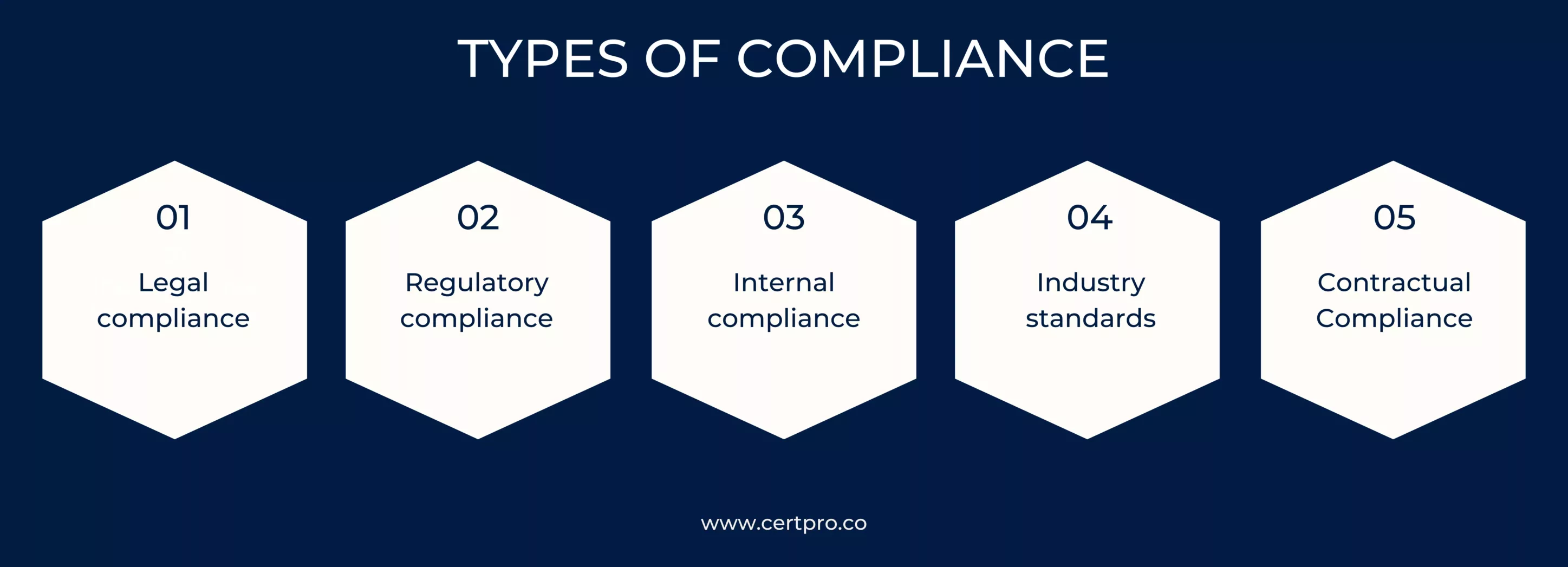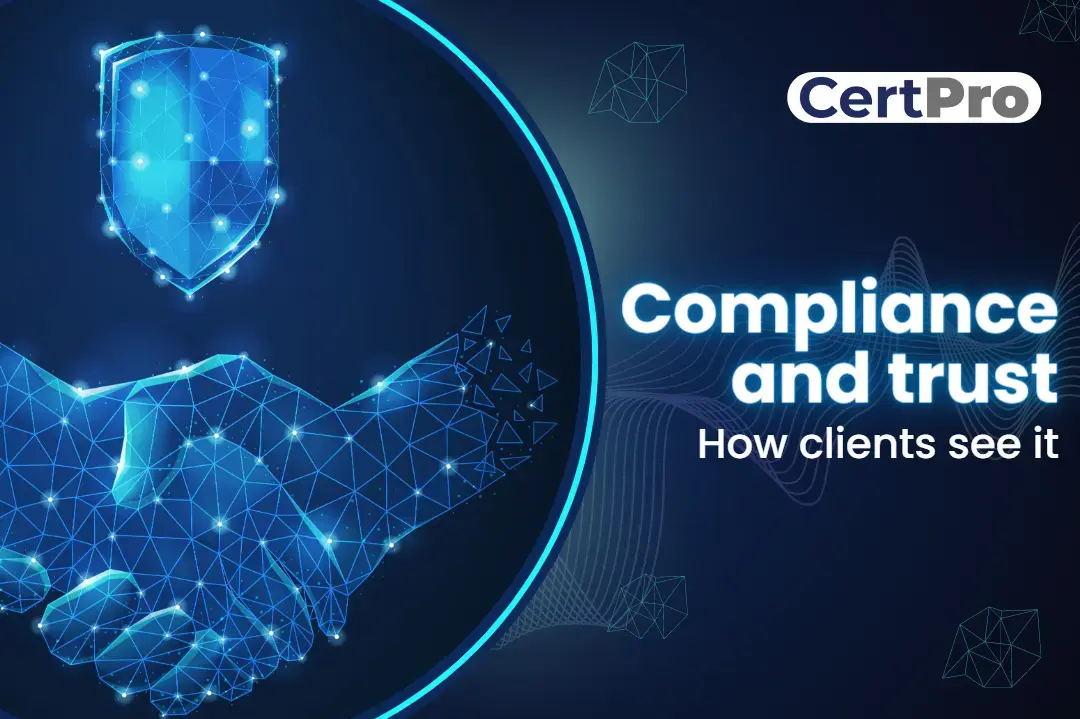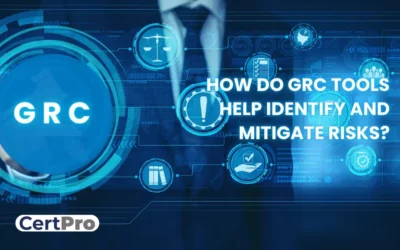Trust serves as the vital cornerstone for businesses and services, yet it remains a challenging aspect for numerous companies to establish. In today’s rapidly evolving and fiercely competitive world, the importance of trust has reached new heights as it forms the very bedrock on which businesses are built. Without trust, a business is destined to stagnate, as clients are understandably hesitant to engage with individuals or organizations they cannot place their trust in. Compliance rules play a crucial role in fostering this trust by ensuring that businesses operate ethically and in alignment with industry standards.
In today’s landscape, trust can be earned through various means, with transparency playing a pivotal role in building it. Companies that prioritize transparency and honesty in their operations, communications, and interactions with clients or customers foster a sense of trust within their organization. Furthermore, trust can be nurtured by consistently delivering high-quality goods and services. However, building a compliance posture to gain trust is no easy feat.
Attaining compliance with relevant standards pertaining to a company’s products and services is crucial for building trust. Adhering to compliance rules is an absolute necessity to ensure ongoing compliance with specific standards. Compliance with applicable laws, regulations, and industry standards holds significant importance. This article delves into the process of earning compliance, highlights its benefits, and provides insights into how people and clients can place their faith in our services or products.
WHAT IS COMPLIANCE?
Compliance is a phrase that refers to abiding by the rules, regulations, policies, standards, and guidelines that govern an industry, organization, or any specific business activity. Companies and organizations must adhere to compliance laws and regulations in order to remain compliant.
A compliance audit may cover different types of industries or organizations based on the need for specific context. A few types of it are mentioned below:
- Legal compliance: This means following the rules and regulations that govern business operations at the local, state, national, and international levels. It contains regulations regarding employment, taxes, intellectual property, consumer protection, data privacy, and more.
- Regulatory compliance: Government policies and laws frequently place particular requirements on certain industries. Organizations must abide by these guidelines in order to operate within the boundaries that have been established, which may include the financial services, healthcare, pharmaceutical, telecommunications, and energy sectors.
- Internal compliance: Most organizations have internal policies and procedures that every employee of the company must follow. Internal compliance rules are the act of following internal rules and regulations, which may include laws governing risk management, ethics, a code of conduct, and human resources.
- Industry standards: Businesses are required to abide by the standards and best practices that have been developed in a few industries. A corporation may be confident that it is meeting industry standards for quality, safety, efficiency, and sustainability by adhering to these guidelines. Examples include quality management systems, cybersecurity frameworks, and ISO standards.
- Contractual Compliance: Businesses frequently enter into contracts and agreements with third parties, such as customers, suppliers, and partners. In this sense, compliance refers to carrying out the promises and duties set forth in these agreements.
A compliance audit is the process of ensuring that organizations behave ethically, with integrity, and in conformity with all relevant laws and regulations. Compliance promotes confidence, safeguards the interests of your clients, helps reduce legal and financial risks, and helps maintain the organization’s general viability and reputation. It often entails developing compliance plans, carrying out internal audits, putting controls in place, educating staff, and keeping records to prove compliance with pertinent standards.

HOW DO YOU GENERATE TRUST AMONG PEOPLE?
Trust is the most essential thing for businesses. So, one thing to do to build trust in your company among the people is to have “quality relationships with customers and quality products or services.” Your clients want to feel confident in the way you handle their information, in addition to trusting you to guide them toward the best solution for their circumstances.
Being compliant with the standards that are related to the service that your organization provides can increase your client’s trust in you and your company. It can help in many ways when your customers are happy with your products.
Let’s go through a few tricks for being a trustworthy company among your clients:
- Being transparent: Transparency is the main ingredient in building a good relationship with clients. Starting to have a good conversation with them, clearing their doubts and concerns in an open manner. Be honest with the pricing, products, and services. Clearly communicate with them regarding any changes and updates that may affect them.
- Prioritize customer satisfaction: Place a strong emphasis on customer satisfaction and walk the extra mile to fulfill their needs. Listen attentively to the customer’s feedback and note any concerns they may have mentioned. Work on the issues they mentioned previously. Give each consumer a unique experience and excellent customer service.
- Deliver on promises: Fulfill your commitments that you have made to the clients before the deadline. This includes delivery on time or services on time, which should also meet the quality standards.
- Build a strong relationship: Focus on building strong and long-term relationships with customers or clients. Engage with them through various platforms, like social media or emails. You build trust and loyalty by proving that you actually care about their achievements and well-being.
- Protect data privacy and security: This era has increased concerns about data privacy and security. By implementing robust security measures, you can protect the customer’s data. Adhere to privacy regulations and clearly communicate your data handling practices with the customer. This might help you gain trust in your organization.
Following these few tips might help you build a better persona for your company among people who are customers or clients.
COMPLIANCE HELPS US BUILD TRUST
Compliance audits with certain standards may significantly help in building trust with clients. In a variety of situations, including business, government, and interpersonal interactions, compliance is essential to developing trust. Compliance is the act of adhering to the laws, rules, policies, and moral guidelines that control a certain field. By demonstrating a commitment to compliance, people, groups, or institutions show that they are prepared to follow the rules and carry out their responsibilities.
Commitment to Quality: Compliance with industry-specific standards or certifications proves your dedication to continuing to provide goods and services of the highest caliber. Customers frequently want confirmation that they are working with a reputable and skilled service. You inspire trust in your capacity to produce a constant level of quality by reaching or surpassing defined standards.
Guarantees Regulatory Compliance: For many businesses, compliance with applicable laws and regulations is essential. Customers want to be confident that the company they are working with is compliant with the law. By adhering to rules, you reduce risks for your clients, show that you value moral behavior, and increase consumer confidence in your company.
Enhances Data Security and Privacy: A dedication to data security and privacy standards is crucial at a time of rising data breaches and privacy concerns. Customers entrust you with their sensitive information because they know that you value data security since you adhere to strict data protection regulations. Clients are reassured that their information is treated with the highest care thanks to this, which promotes trust.
Mitigates risks: Risk management methods are frequently used as part of compliance initiatives, which can provide clients with confidence. You show your dedication to safeguarding their interests by proactively addressing risks and putting in place suitable measures. Depending on your sector, this can entail protecting financial transactions, intellectual property, or product safety.
Building Credibility and Reputation: Sticking to generally recognized standards or certifications contributes to the development of your reputation. Clients are more likely to view your company as a dependable and trustworthy partner when they learn that you have achieved compliance with respected organizations or regulatory agencies. Both market reputation and client confidence may rise as a result.
Displays Professionalism and Credibility: Adherence to standards demonstrates a dedication to professionalism and best practices. It demonstrates that you take your duties seriously and put effort into meeting or exceeding industry standards. This degree of commitment and care for the little things might help your customers trust you and your company more.
Compliance activities that improve responsibility, integrity, and openness promote client trust. Businesses may differentiate themselves in the marketplace, demonstrate their dedication to quality, and reduce legal and reputational risks by adhering to compliance regulations.
ACHIEVING COMPLIANCE MADE EASY WITH CERTPRO
CertPro provides a centralized platform for managing compliance requirements. It makes it possible for companies to automate and streamline compliance procedures such as document management, policy monitoring, task management, and reporting. Gap analysis is carried out to find areas where compliance may be inadequate or where changes are required. CertPro also offers assistance with the design and execution of compliance audits and assessments. By leveraging CertPro, businesses can streamline their compliance processes, enhance their compliance posture, and achieve and maintain regulatory compliance more effectively.
FAQ
Why do clients value trust?
How crucial is trust among clients in a business?
Does compliance affect how clients see your company?
How does compliance encourage openness?
How does compliance foster enduring connections with clients?

About the Author
RAGHURAM S
Raghuram S, Regional Manager in the United Kingdom, is a technical consulting expert with a focus on compliance and auditing. His profound understanding of technical landscapes contributes to innovative solutions that meet international standards.
HOW DO GRC TOOLS HELP IDENTIFY AND MITIGATE RISKS?
In today’s fast-paced business environment, emerging threats and risks negatively influence business operations. Threats can arise from different sources, such as cybersecurity compliance requirements, supply chain disruption, and natural disasters. Thus, the...
AI SECURITY: UNDERSTANDING THREATS AND COMPLIANCE SOLUTIONS
Artificial Intelligence continues to grow and become more relevant in workplaces. Customers widely use it to handle market products. Organizations are desperately using AI for their businesses, ensuring that the AI systems comply with the new rules and regulations. In...
HOW DOES THE NIST CYBERSECURITY FRAMEWORK FUNCTION, AND WHY IS IT IMPORTANT?
Emerging cyber threats make cybersecurity an essential consideration for organizations handling and managing data. In this regard, the NIST cybersecurity framework applies to improving your cybersecurity program. It is a set of guidelines that helps improve your...




